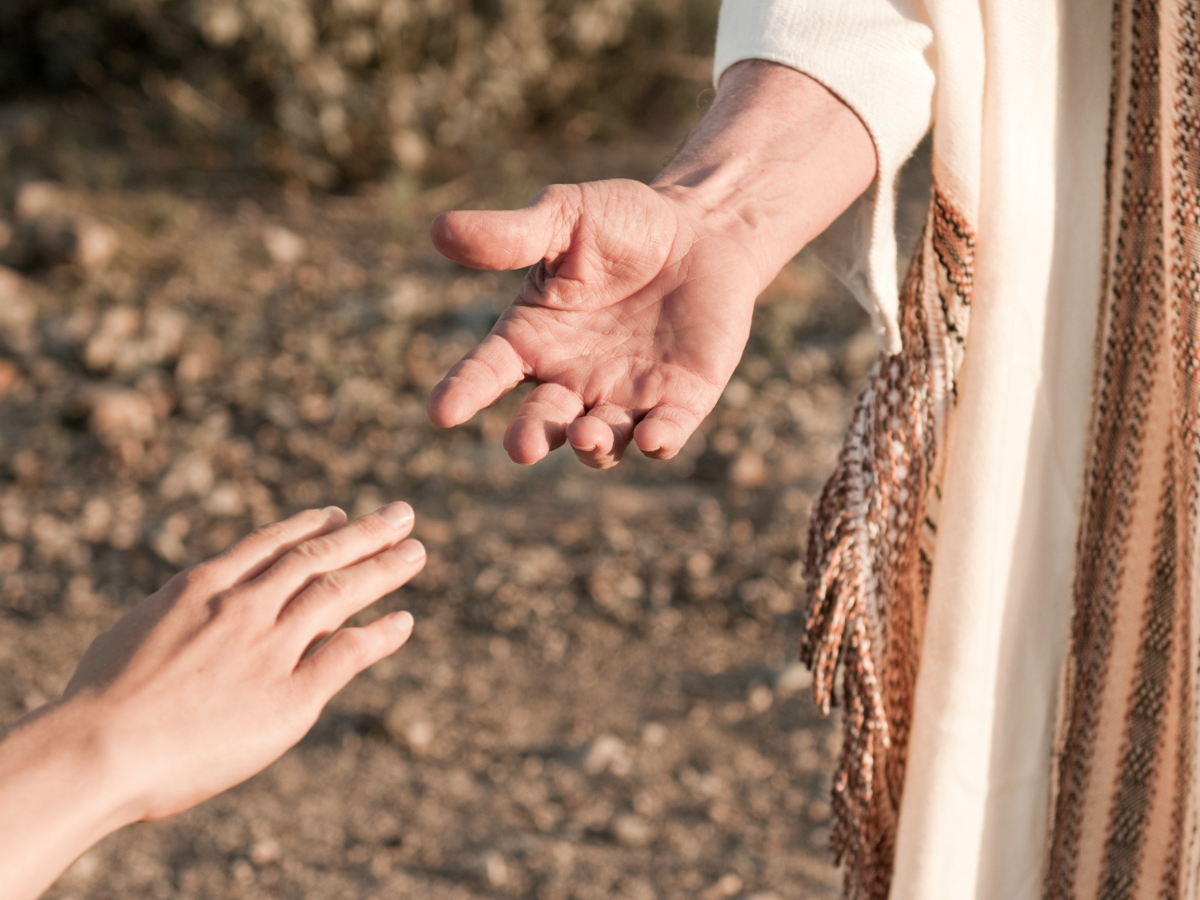
SEND's core values: Urgency
By Amy Walters —
The Disaster Prevention Department had occupied the second floor of what was now a twisted heap of steel. Miki Endo, a woman in her twenties, had just started working there in the early spring of 2011. On March 11, a massive earthquake off Japan’s coast launched a giant tsunami toward her village. Miki got on the loudspeaker imploring people to get to high ground. She stayed at her post, calling out the tsunami warning ( listen to her here
), and when the wave hit, she was washed away. She is credited as saving 7,000 lives while sacrificing her own.
Miki’s story comes to my mind often. It drives me. You see, Miki knew what urgency was. She knew that danger was coming and did everything she could to urge people to take action.
As a Christian, I’m called to that same sense of urgency. Just look up the word “compel” in the Bible. You’ll find Jesus’ parable in Luke 14 of the Great Banquet where the servant is told to go out and compel people to come in. And you’ll find Paul saying in 2 Corinthians 5that Christ’s love compels us to persuade others with the gospel. Even Jude gets in the action urging his readers to contend for the faith and keep the gospel pure. He tells them, “Be merciful to those who doubt; save others by snatching them from the fire; to others, show mercy, mixed with fear—hating even the clothing stained by corrupted flesh.”
But so often this urgency gets overshadowed by the daily grind. Life’s responsibilities occupy our thoughts and suddenly the most urgent part of our day is fighting traffic during the evening commute.
I fall victim to this small thinking all the time. And I find what helps me most in keeping that sense of urgency for the lost is to remember stories like Miki’s.
I remember what she sacrificed so that others might live. I remember that most likely, Miki had never even heard the gospel. And I remember that on that day she and thousands of others went into eternity never having met the Savior.
This compels me to do everything I can to tell others about the hope of the gospel.
Phil Armstrong, the first Director of SEND, often thought back to his time as a soldier in World War II. He had just picked up some Japanese prisoners of war and was transporting them. “I studied each face and in each my heart flared up with the words, ‘Christ died for you.’ I felt as though I couldn’t stand it. I prayed until I had to look away in tears. Christ hadn’t failed them. We had. Now I’ve got to do something about it. I don’t know what, but I am promising everything I have to our Lord to be used where He chooses.” That urgency compelled him to help start and lead a missions organization that has reached thousands with the gospel.
When I asked another SEND missionary, Phil Bray, about urgency, he told me this story. “Shurakovia was a Spetznaz major, which is to say he was the quintessential Russian troop. I shared the gospel with him during the week we were in Vladivostok, gave him a Bible, and asked him to please give it consideration. Within one week of my time of being with Shura he was killed in a parachuting accident. I don’t know if he trusted God in that week with the gospel that he had been exposed to. But he entered into eternity. And each day in Russia, there are men, women, children, who are entering into eternity without ever really having been exposed to the gospel. The time is now, and the call is urgent.”
SEND’s International Director, Warren Janzen, describes urgency this way. “Everyone is on a journey to Jesus—some for inheriting the kingdom and coming into His presence. Others are there for judgment, and the consequences for rebellion. The urgency is that, these people need to know! They need to hear that compelling invitation where they have to deal with the fact and make the choice. But until they have the opportunity to make that choice, I feel the burden’s on us to get that message out and give them a compelling witness.”
So what about you? How do you maintain a sense of urgency to share the gospel with those who have not yet accepted it?
“In light of the urgency of the hour and the lostness of people, we are committed to a life of obedience which calls us to endure hardness as soldiers of Jesus Christ in order to proclaim the gospel and see His church established.” –SEND’s Core Values
• Our total commitment to Jesus Christ fuels all that we do. Read SEND’s statement of faith.
• Learn about SEND International's mission, focus, and values.
Additional Posts





